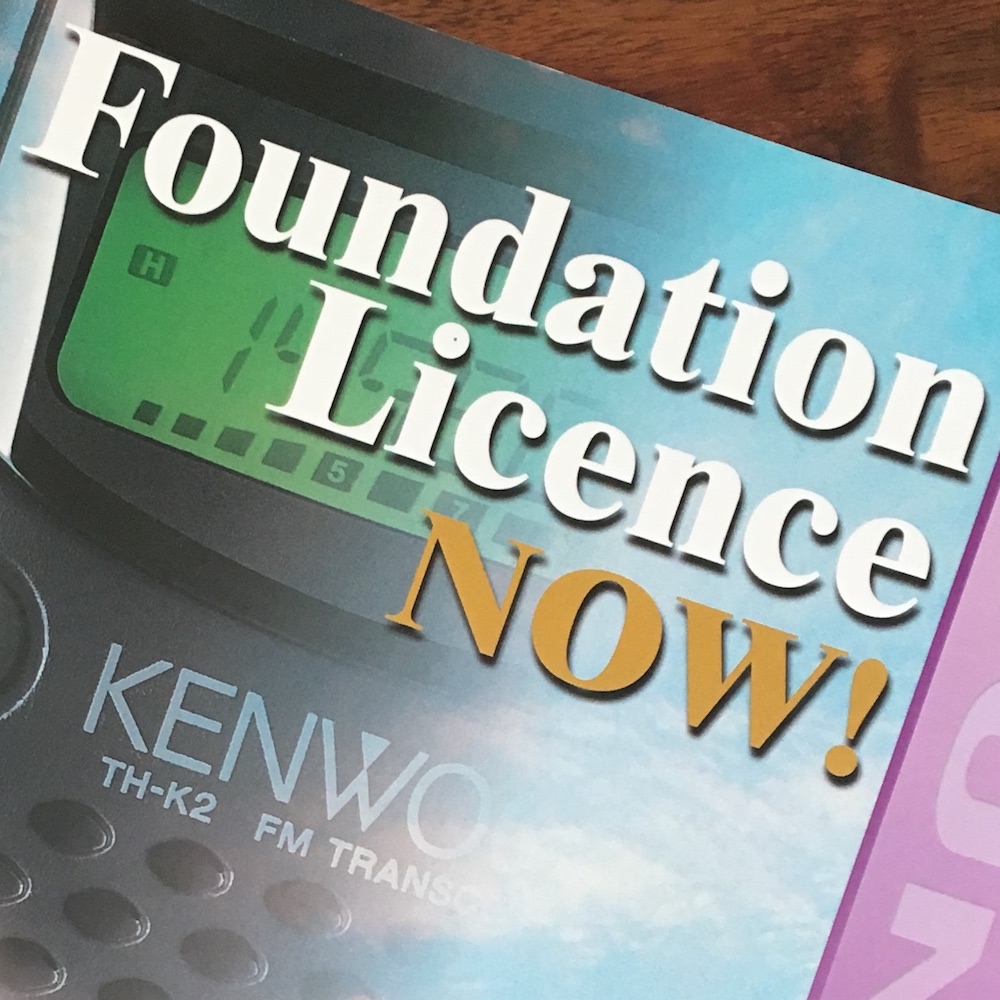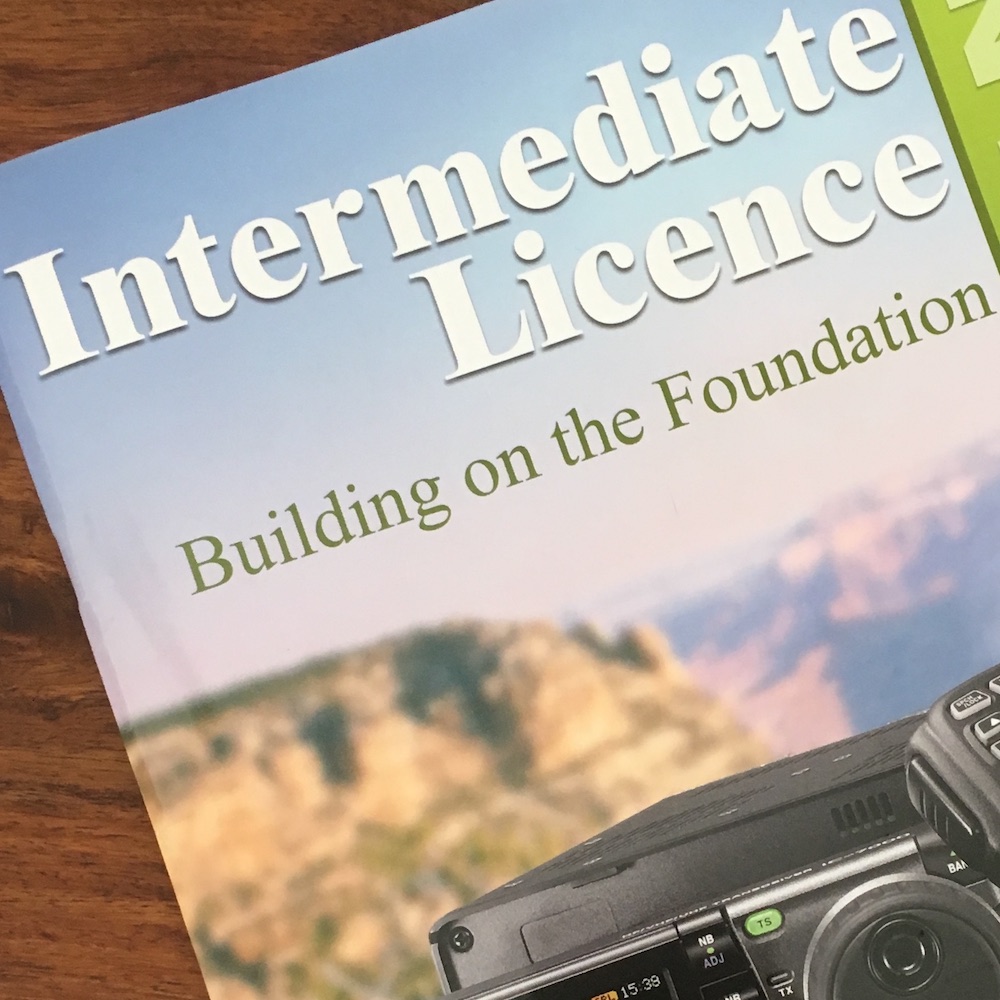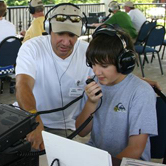
Foundation
To begin transmitting on amateur radio you need to pass a simple multiple-choice test called the Foundation exam.
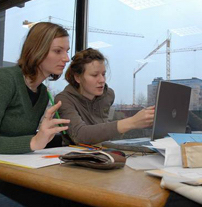
Intermediate
The Intermediate Licence carries with it more privileges and also more responsibilities on you as a radio amateur.
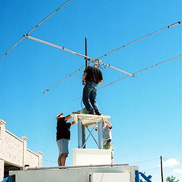
Advanced
Maybe you are ready now to take on the UK’s ultimate amateur radio qualification: the Advanced Radio Communications exam leading to the issuing of a Full Licence.
Foundation
Getting Started.
The Foundation licence is your gateway to amateur radio. The course and exam that leads to a licence
issued by the UK communications regulator Ofcom, and entitles you to take a unique identifier called a
callsign which will be used to identify you when you are transmitting. The courses take place at our
club and is conducted by our experienced radio amateurs. There is a small amount of radio and
electronics theory but only enough for you to get the most out of your radio station. The exam is
very straightforward and consists of 26 multiple choice questions which you have 60 minutes to
answer.
All exams are now done online and you will know your result as soon as you complete the exam. If you
should happen to fail, there are no limits as to how many times you can re-sit the examination.
Unfortunately, not on the same day.
The cost of the exam can be found on the RSGB Website.
Intermediate
The Next Step.
The main advantage of stepping up to the Intermediate Licence is the increase in permitted operating
power. You will be able to go from the 25 watts of the Foundation Licence, up to 100 watts as an
Intermediate Licence holder plus access to more of the amateur radio bands. It’s actually not necessary
to take a course to sit the Intermediate exam, but we would strongly recommend doing so.
The Club offers a 15 week course done in your own time with weekly ‘tests’ to help you along the way.
The online examination of 46 multiple-choice questions each with four possible responses is conducted at
our clubhouse with two invigilators. The examination lasts 90 minutes.
The cost of the exam can be found on the RSGB Website.
Advanced
The Full License.
Many privileges and responsibilities come with a Full Licence, including a higher power limit (1Kw)now
and operating in many other Countries without further formal application. Operating abroad is a real
thrill and a privilege not afforded to the lower class of licence. A technical exam has to be passed
that requires serious study for success, so you must be prepared to invest a good amount of time and
effort in your studies. When studying for the Advanced Radio Communications exam there is no requirement
to take a formal training course, this is because the examination is entirely theory based, with no
practical training element. Assessment is by an online examination paper of 58 multiple choice questions
each with four possible responses. A time of 2 hours is allowed.
The cost of the exam can be found on the RSGB Website.
Practical Skills
Have you passed your licence exams during lockdown? Would you like to learn some useful practical skills to help you make the most of your licence? Whether you're a new Foundation, Intermediate or Full licence holder, the RSGB has created a series of six videos that introduce you to some of the most common amateur radio construction skills you will need.
You could construct a simple balun, tune a dipole using a NanoVNA or create an audio interface between your transceiver and your computer to allow you to send and receive data modes. Whatever type of practical skill you would like to try, there is something here to inspire you. The videos get more detailed through the series with a growing level of skill required.
You can see the videos on the RSGB's YouTube channel or website, www.rsgb.org/practical-skills.
